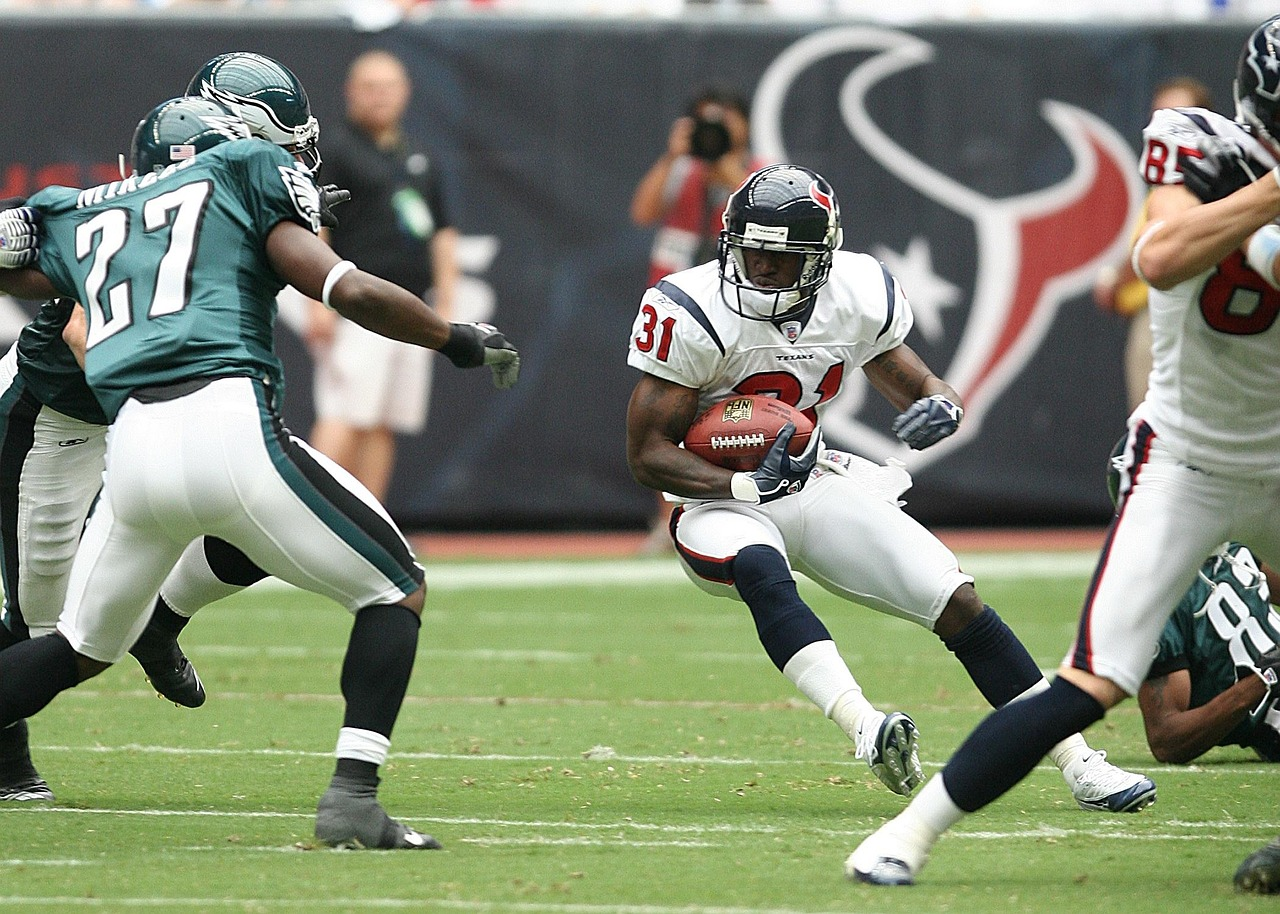
Divisional games in the NFL come with built-in intensity. Teams face the same opponents twice each season, creating a level of familiarity that affects how games play out. This repeated exposure influences game totals, often leading to lower-scoring affairs—but not always. Understanding why some divisional matchups suppress scoring while others lead to shootouts requires a closer look at defensive adjustments, coaching strategies, and historical trends.
The Role of Familiarity in Game Planning
Coaches and players know divisional opponents better than non-divisional teams. Film study, previous matchups, and firsthand experience allow NFL teams to recognize tendencies and adjust accordingly. Defenses gain an edge by anticipating play calls, while offenses prepare counters to expected defensive schemes. This chess match leads to more contested plays and fewer explosive moments, often keeping point totals in check.
Familiarity also affects quarterback performance. Defensive coordinators understand how opposing signal-callers operate, limiting their effectiveness. This is especially true in divisions with veteran quarterbacks who have faced the same defensive schemes for years. When a defense has historical data on a quarterback’s strengths and weaknesses, it becomes easier to take away preferred reads and force uncomfortable throws.
Defensive Adjustments Lead to Tighter Games
Teams that see each other twice per season adjust defensive schemes more effectively. The first meeting often serves as a test run, allowing coaches to identify vulnerabilities and adapt before the rematch. This leads to more efficient defensive play in the second game, tightening coverage and reducing big-play opportunities.
A prime example of this trend appears in divisional under trends. Historically, second matchups between divisional opponents result in lower point totals compared to the first game. The reasoning is straightforward—defenses refine game plans based on what worked and what failed in the initial contest. This makes moving the ball more difficult, leading to lower-scoring outcomes.
Physicality also plays a role. Divisional rivalries often carry extra intensity, leading to aggressive defensive play. Harder hits, tighter coverage, and increased motivation can stall offenses that might otherwise flourish in less familiar matchups. When both teams expect a physical battle, offenses may adopt conservative game plans, further contributing to lower scores.
Why Some Divisional Matchups Still Produce High Totals
While defensive familiarity often suppresses scoring, some matchups defy this trend due to offensive firepower and strategy. Offensive-minded teams that rely on elite quarterback play and dynamic weapons can still put up points despite defensive familiarity. In these cases, knowing an opponent’s tendencies becomes an advantage for the offense as well.
Scoring trends can also shift based on injuries, coaching changes, or evolving offensive schemes. Checking the latest NFL game news can help identify whether a key player is returning from injury or if a team has adjusted its game plan, both of which can impact scoring potential in divisional rematches. A strong passing attack or an aggressive play-calling approach can sometimes outweigh defensive familiarity, leading to higher totals than expected.
Pace of play also influences divisional scoring. Teams that play at a fast tempo and emphasize passing create more possessions, leading to higher totals. If both teams operate this way, familiarity has less impact because defensive adjustments struggle to keep up with rapid offensive execution.
Betting Implications: Spotting Trends and Adjustments
Understanding how familiarity impacts divisional totals provides an edge in sports betting. Bettors often look at trends in second meetings, where unders hit at a higher rate. However, blindly betting unders in every divisional game is a mistake. The key is identifying matchups where defensive familiarity will likely disrupt scoring.
For example, if the New England Patriots are set to face the Buffalo Bills for the second time in a season, oddsmakers adjust based on how the first game played out. If the first meeting was a low-scoring defensive battle, New England Patriots odds for the rematch might reflect a lower total, anticipating another tight game. On the other hand, if the first game exposed defensive weaknesses on both sides, the total may be adjusted upward.
Some factors to consider:
- Coaching Adjustments – Defensive-minded coaches with a history of limiting divisional opponents are more likely to scheme effectively in rematches.
- Quarterback Play – Quarterbacks who struggle against a particular division opponent are less likely to break out in a second matchup.
- Defensive Strength – Strong defensive teams with continuity have an edge in divisional rematches, making unders more appealing.
- Offensive Play Style – Teams that rely on explosive plays and tempo are less affected by defensive familiarity, keeping overs in play.
When evaluating a divisional total, consider whether the game fits the mold of a defensive struggle or an offensive showcase. Historical matchups between the teams provide valuable insights, but recent trends and roster changes should also factor into the equation.
Decoding Divisional Totals for Smarter Betting
Familiarity between divisional opponents often favors defenses, leading to lower-scoring games, especially in rematches. However, elite offenses and fast-paced teams can defy this trend. Successful betting relies on recognizing when defenses will tighten up and when offenses will break through. Understanding defensive adjustments, coaching tendencies, and historical trends can make the difference between a winning or losing wager.
Unleash the Action: Sign up for XFL Insider and Fuel Your Passion for Football!

USFL and XFL Merger: A Deep Dive into the Historic Collaboration
Latest Podcast
-


XFL Podcast
/ 1 year agoXFL-USFL Merger Insights: Houston’s Future, Draft News, Player Movement – Ep. 216
Welcome to Episode 216 of the “XFL Week In Review,” your premier destination for...
By Mark Perry







